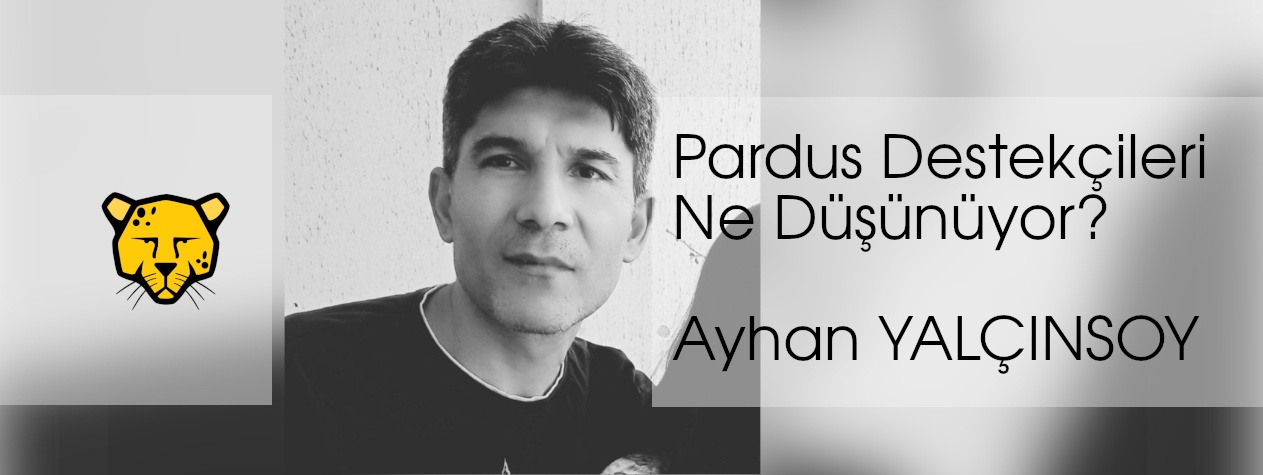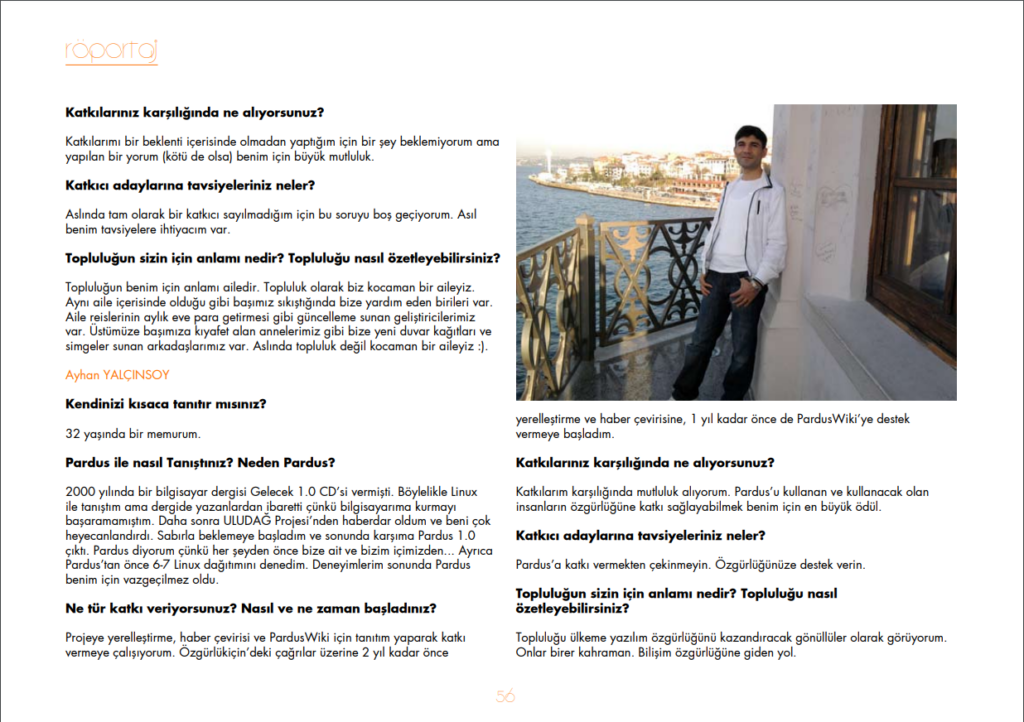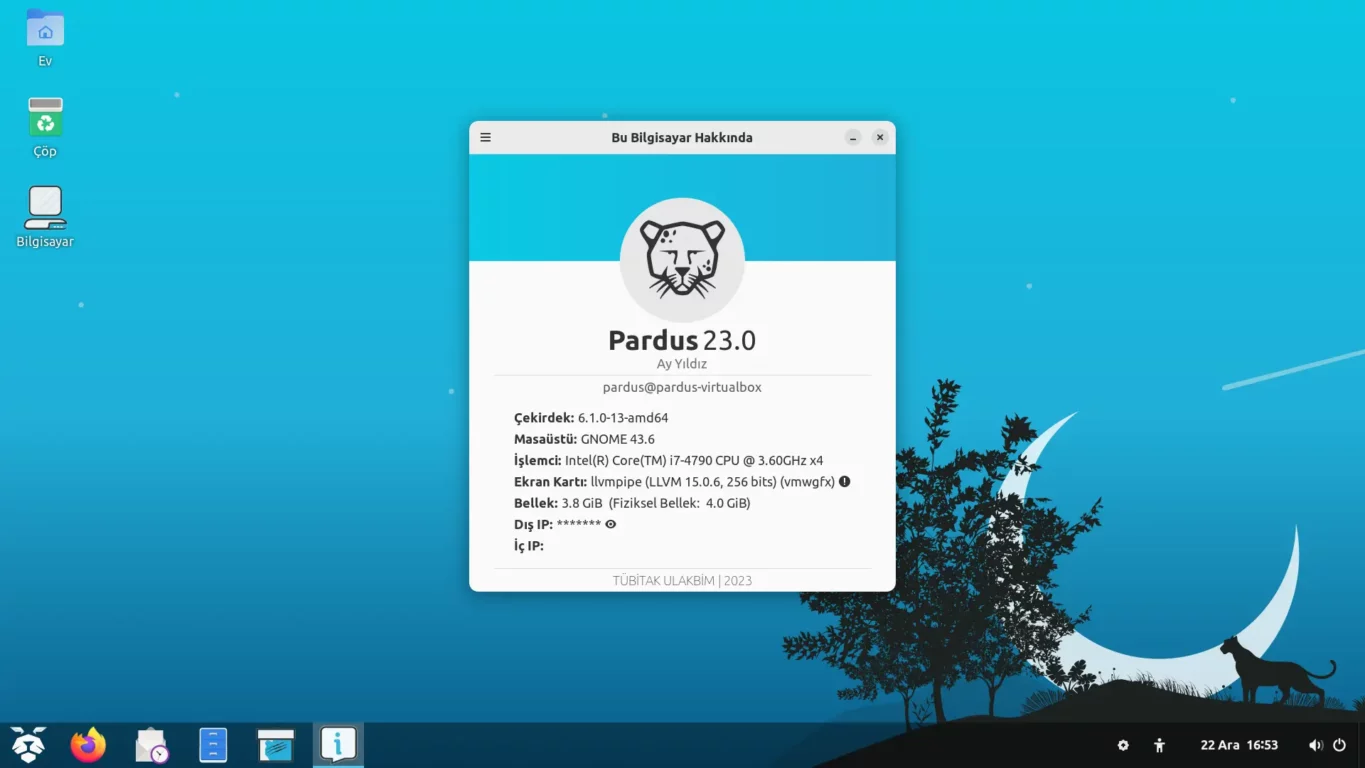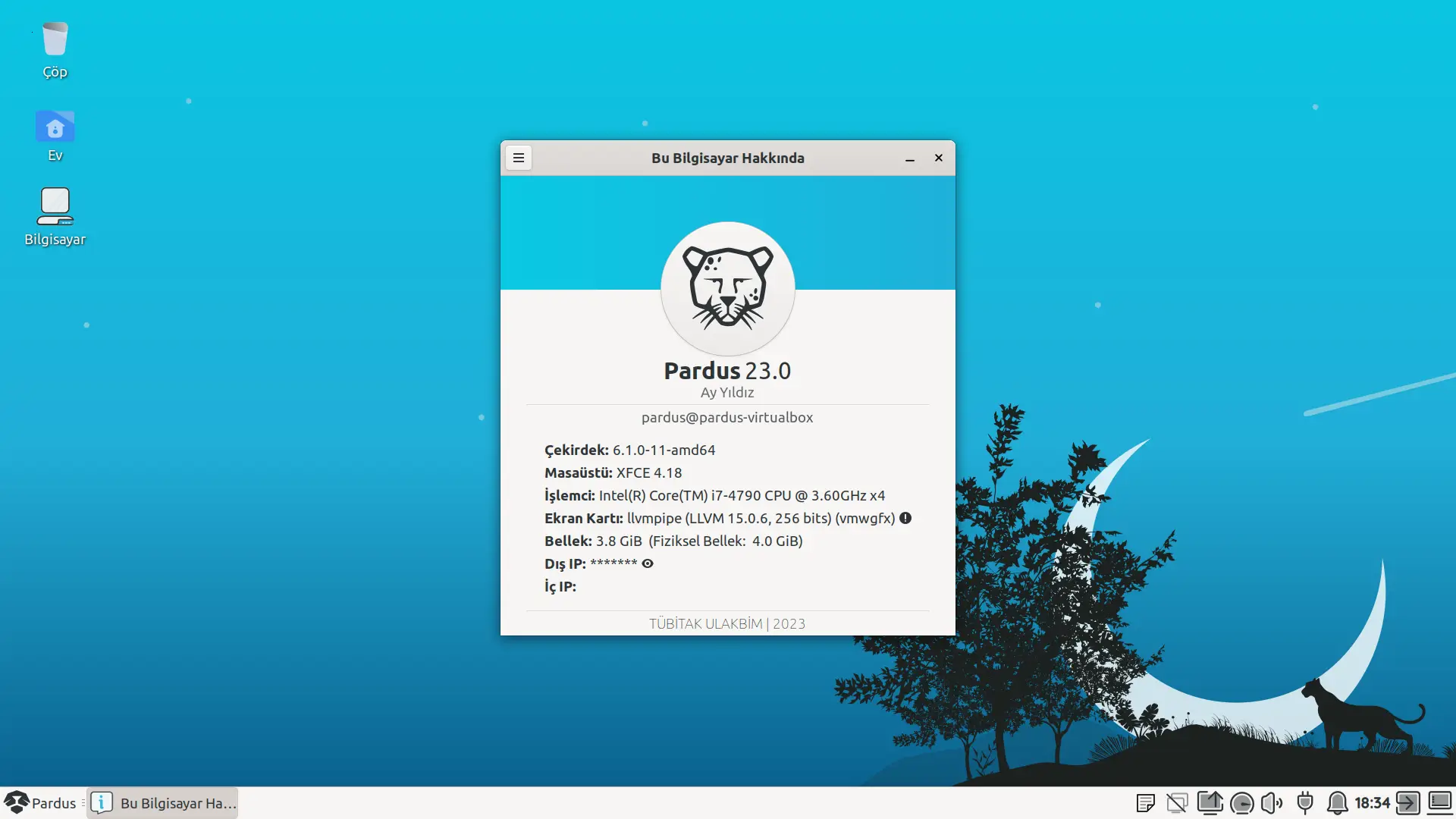
Açık kaynak dünyasında söz sahibi kişilerin deneyim ve görüşlerini bizlerle paylaştığı söyleşilerimizi bu bölümde sizlerle buluşturuyoruz. Söyleşilerimizin bu bölümünde The Document Foundation (TDF) İcra Kurulu üyesi, Pardus topluluğunun eskilerinden ve Pisi GNU/Linux dağıtımının geliştiricilerinden Ayhan YALÇINSOY dostumuzu ağırladık:
Kendinizi kısaca tanıtır mısınız?
1978 yılında Kahramanmaraş doğumluyum. Bir kamu kurumunda devlet memuru olarak çalışmaktayım. 1998 yılında aldığım ilk bilgisayarımla birlikte bilgisayar teknolojisi ile ilgilenmeye başladım. Bir zamanlar son kullanıcı olarak girdiğim bu yolda açık kaynak yazılımlara destek veren bir konumda olmaktan onur duyuyorum.
GNU/Linux ve özgür yazılımlar ile nasıl tanıştınız? Neden Linux?
2000 yılında almış olduğum bir bilgisayar dergisindeki Gelecek 1.0 işletim sistemi CD’si ile Linux ve açık kaynak teknolojilerinden haberdar oldum. Aynı dergide ULUDAĞ (Ulusal Dağıtım) Projesi’nden bahsediyordu. O günden sonra beklemeye başladım ve 26 Aralık 2005 günü PARDUS 1.0 duyurulduğunda, ilk işim bilgisayarıma kurmak oldu. O günden sonra sahipli yazılımları zorunlu olmadıkça kullanmadım.
Linux diyorum çünkü kullanıcıyı olabildiğince özgür kılıyor. Kullandığınız yazılıma destek verebiliyorsunuz. İhtiyacınıza göre öneride bulunup gelişmesine katkıda bulunabiliyorsunuz.
Özgür yazılımlara katkı vermeye nasıl ve ne zaman başladınız?
Son PISI tabanlı Pardus çatalı olan Pisi GNU/Linux projesine geliştirici olarak katkı veriyorum. Bunun dışında LibreOffice ve Collabora Office paketlerine arayüz, yardım metni, Wikimedia içeriği çevirisi (2010-devam), temel düzeyde kod hatası (easyhack) giderme (2019-devam) ve kullanma kılavuzu çevirisi (2021-devam) gibi konularda katkı vermeye çalışıyorum. İlk katkılarımı PiSi tabanlı Pardus için KDE arayüz çevirisi ve Pardus hakkında uluslararası medyada çıkan haberleri Pardus’un o dönemdeki topluluk portalı olan ozgurlukicin.com sitesi için çevirerek yaptım.

Katkılarınız karşılığında ne alıyorsunuz?
Katkılarım karşılığında maddi bir kazancım yok ancak bu katkıların birilerinin işini kolaylaştırdığını bilmek yeterli. Kullandığım yazılıma emeği geçen onca insana destek olarak onların emeklerinin karşılığını bir nebze ödemiş olduğumu düşünüyorum. Ayrıca özgür yazılımların bana verdiği özgürlük, aldığım en büyük karşılık olsa gerek.
Pardus topluluğu katkıcı adaylarına tavsiyeleriniz neler?
Her ne kadar Pardus, TÜBİTAK tarafından geliştirilen PİSİ tabanından vazgeçip Debian tabanını kullanıyor olsa da özgür bir işletim sistemi olması onu kullanmak ve destek olmak için yeterli. Ben şöyle düşünüyorum; son teknoloji kullanan bir araç/aygıt geliştirseniz bile eğer içindeki yazılımı dışarıdan alıyorsanız, o ürün sizin kontrolünüzde değildir. Bu yüzden açık kaynak ve kendi geliştirdiğimiz yazılımlara destek vermeliyiz. Açık kaynak yazılımlara destek vermek için kodlama biliyor olmanız gerekmiyor.
Kullanabilirsiniz, tanıtımını yapabilirsiniz, dil biliyorsanız farklı dillere çevirebilirsiniz, kullanıcı deneyiminizle yeni kullanıcılara destek olabilirsiniz ve daha birçok şekilde destek olabilirsiniz. Pardus ve diğer açık kaynak yazılımlara her türlü desteği sağlamak bizi birçok alanda dışa bağımlılıktan kurtarır.
Profesyonel ya da günlük hayatınızda hangi özgür yazılım uygulama ve bileşenlerini sık kullanıyorsunuz?
Az önce bahsettiğim gibi 2005’ten bu yana sahipli yazılımları zorunlu kalmadıkça kullanmıyorum. Pardus (2005-2013), Pisi GNU/Linux (2013 ve sonrası), LibreOffice (2010 ve sonrası), PSPP istatistik analiz uygulaması (2013 ve sonrası), masaüstü ortamı olarak GNOME, LXQT, MATE; ağ tarayıcı olarak Firefox,…
Aslında özgür bir işletim sistemi kullandığım için, kullandığım tüm yazılımlar da özgür yazılım. Örneğin Yüksek Lisans ve Doktora tezlerimi LibreOffice ile yazdım. Tezlerdeki istatistiksel analizleri ise PSPP ile yaptım.
Bugüne kadar açık kaynak toplulukları ve yaptıkları işlerden nasıl yararlandınız?
Açık kaynak toplulukları açık kaynak yazılımların beslenme kaynağıdır. Bu topluluklar açık kaynak projelerin yaşam döngüsü üzerinde çok etkilidirler. Bu nedenle açık kaynak topluluklarına üye olmak kullandığınız yazılıma destek vermenin en iyi yollarından biridir. Yıllar önce Pardus Projesi’nin sonlandırıldığı haberleri yayıldığında topluluk olarak ilgili yerlere yaptığımız başvurular sonucunda projenin devam edeceği ancak bazı altyapı çalışmalarının yapılması gerektiği yönde açıklamalar gelmişti. Yine 2010 yılında OpenOffice.org projesinin kaynak kodunun kapatılacağına dair haberler neticesinde The Document Foundation (TDF) kurulmuş ve kodu çatallayarak LibreOffice’i duyurmuştu. O dönem Pardus gönüllüleri olarak kaynak kodu kapatılma tehlikesi altında olan OpenOffice.org’u bırakıp LibreOffice kullanma kararı almıştık ve halen LibreOffice kullanılıyor. Bu olaylar bize açık kaynak topluluklarının gücünü göstermiştir.
Bir açık kaynak topluluğuna üye olun ve kullandığınız yazılımlara destek verin. Sizi mutlu edecektir. Uzun süredir TDF üyesiyim ve geçtiğimiz yıl sonunda yapılan seçimler sonucunda 2022-2024 dönemi TDF Yönetim Kurulu Yedek üyeliğine seçildim. Böyle büyük bir projenin bugünü ve yarını hakkında söz sahibi olmak harika bir duygu.
Son olarak özgür yazılımlar hemen hemen tüm ihtiyaçlarınızı karşılar ve sizden hiçbir bedel istemez.
İlginizi Çekebilir
Pardus Röportajları: Bolu Orhangazi Ortaokulu Bilişim Teknolojileri Rehber Öğretmeni Tarık OTU
Söyleşiler
9 Haz '23Pardus Röportajları: Ordu Bilişim Teknolojileri İl Koordinatörü Ömer Çağdaş ATASU
Söyleşiler
9 Haz '23Pardus Destekçileri Ne Düşünüyor? – Neslihan TURAN
Söyleşiler
23 Haz '22Pardus Destekçileri Ne Düşünüyor? – Selim ŞUMLU
Söyleşiler
16 Haz '22



